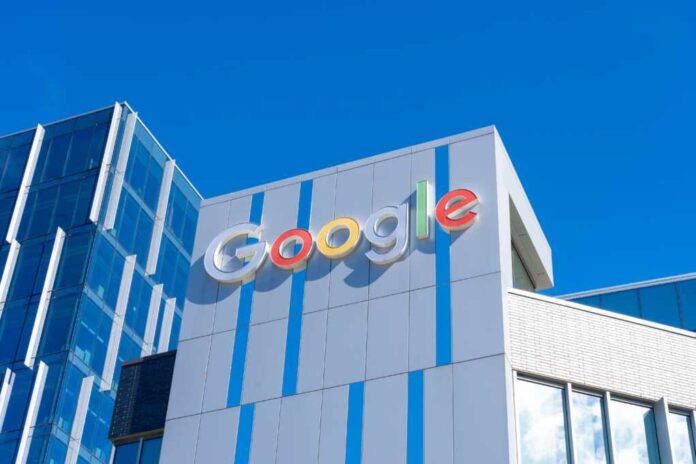
Google pays Samsung “enormous sums” monthly to preinstall Gemini AI on devices as the tech giant faces mounting legal challenges over its alleged search monopoly and exclusive placement deals.
At a Glance
- Google pays Samsung significant monthly amounts to preinstall Gemini AI on Samsung devices, beginning with the Galaxy S25 series
- The Department of Justice and state attorneys general are pursuing legal action against Google for its alleged search monopoly
- Internal documents revealed Google considered more restrictive agreements requiring partners to preinstall Gemini alongside Search and Chrome
- A federal judge recently found Google guilty of illegal monopoly in online ad markets
- DOJ seeks to prevent Google from making default placement deals and may require Google to sell Chrome
Google’s Expensive Samsung Partnership Revealed
Court records have unveiled details about Google’s strategic partnership with Samsung, showing the search giant pays what Bloomberg describes as an “enormous sum of money” each month to secure placement for its Gemini AI app on Samsung devices. These payments began in January 2025, coinciding with the launch of Samsung’s Galaxy S25 series, which features Gemini as the default AI assistant. Peter Fitzgerald, Google’s vice president of platforms and device partnerships, confirmed these payments during testimony in the ongoing antitrust trial.
The revelation comes amid increasing scrutiny of Google’s business practices. According to documents presented in court, Google had considered even more restrictive distribution agreements that would have required partners to preinstall Gemini alongside Search and Chrome. These internal slides, highlighted by DOJ lawyers, suggest Google was exploring ways to leverage its existing market dominance in search to secure advantage in the rapidly growing AI sector.
— NetChoice (@NetChoice) April 22, 2025
Legal Challenges Mount for Google
The Department of Justice and state attorneys general are pursuing aggressive legal action against Google, arguing the company has maintained an illegal monopoly in search through exclusive agreements with device manufacturers like Samsung. A judge has already ruled that Google maintained its search monopoly through such exclusive deals. Now prosecutors are extending their argument, claiming Google’s search dominance could give it an unfair advantage in the emerging AI marketplace.
Google’s legal troubles aren’t limited to this case. A federal judge recently found the company guilty of maintaining an illegal monopoly in online ad markets, adding to the mounting pressure. The DOJ is seeking substantial remedies, including preventing Google from making default placement deals in the future. More dramatically, they may require Google to sell its Chrome browser and license the data that powers Google Search – moves that would fundamentally restructure the company’s business model.
Competition in AI and Browser Markets
The trial has also revealed interesting dynamics between major tech companies. Court records show that OpenAI sought to use Google’s search technology for ChatGPT due to issues with Microsoft’s Bing search engine. However, Google declined this partnership, citing competition concerns. Nick Turley confirmed, “We have no partnership with Google today,” highlighting the competitive tensions in the AI space despite OpenAI’s belief that “having multiple partners, and in particular Google’s API, would enable us to provide a better product to users.”
In response to legal pressure, Google has modified its approach. A new non-exclusive agreement with Samsung now allows for rival search apps on devices, marking a retreat from the more aggressive exclusivity Google had previously sought. Google maintains that the case is unrelated to AI and cites competition from companies like Meta to argue against monopoly claims. Meanwhile, the DOJ suggests Google should sell its Google Ad Manager, which would significantly impact the company’s advertising business – the primary source of its revenue.

























